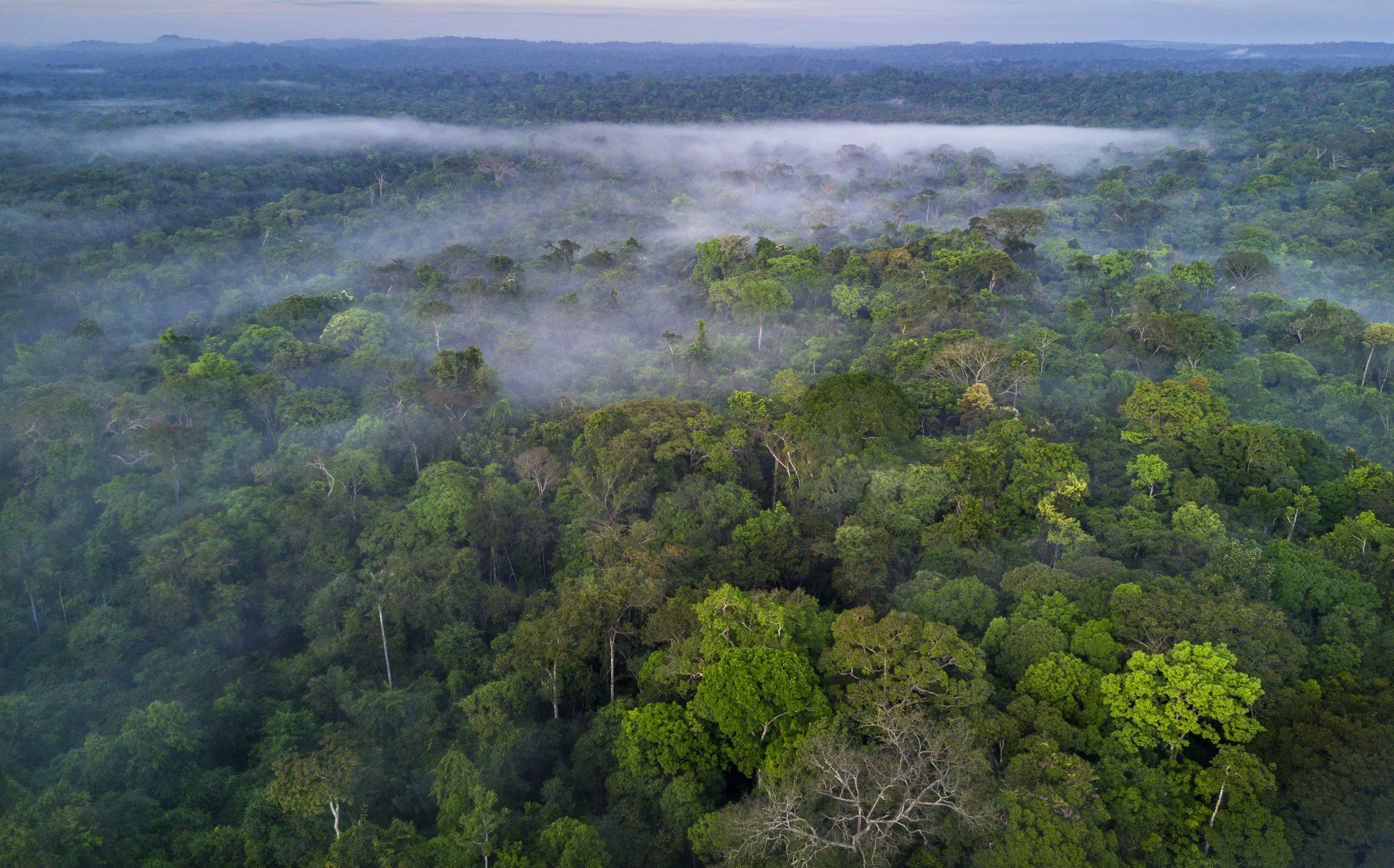Brazil’s President Luiz Inacio Lula da Silva came into office in 2023 pledging to tackle deforestation in the Amazon and restore his country as a climate leader after years of intense destruction in the world’s largest rainforest under predecessor Jair Bolsonaro.
Lula’s commitment to end deforestation by 2030 is on track with tighter enforcement helping to cut deforestation rates by more than half, according to government figures. But a new study indicates that deforestation alone accounts for a only fraction of climate damage involving the Amazon.
Logging, forest burning and other forms of human-caused degradation, along with natural disturbances to the Amazon ecosystem, are releasing more climate-warming carbon dioxide than clear-cut deforestation, the study published on Monday in the journal Proceedings of the National Academy of Sciences showed.
The study, which used data obtained from airborne laser scanning of the Amazon region for a more precise accounting of the changes in the rainforest than satellite imagery provides, found that human-caused degradation and natural disturbances accounted for 83% of the carbon emissions, with 17% loss from deforestation.
Forests have a natural ability to absorb carbon dioxide, but some atmospheric measurements in recent years indicate that the Amazon has been releasing more carbon than it has been absorbing because of deforestation and degradation, the researchers said.
The Amazon absorbs vast amounts of carbon dioxide that is stored in its lush vegetation. But when trees are destroyed, they release that greenhouse gas back into the atmosphere.
The research underscores the damage being done to the forest by fires after a drought that has made the region a tinderbox.
The techniques used in the research give an unprecedented level of detail on forest degradation in the region of Brazil where destruction is most rampant, according to study lead author Ovidiu Csillik, a remote-sensing specialist at Wake Forest University in the United States.
Deforestation is easily detectable on normal satellite images, while degradation is more difficult, Csillik said.
Planes took laser readings that gave a three-dimensional picture of the forest that is so detailed it can detect an individual tree dying, Csillik added.
Csillik said he was surprised to see that wind storms were also causing large emissions and extensive damage to the forest, knocking down large numbers of trees.
The study supports the argument that the government under Lula may be overly focused on deforestation, scientists not involved in the study told Reuters.
“The government thinks if we reduce deforestation, we also reduce degradation,” said Erika Berenguer, a tropical ecologist at University of Oxford and Lancaster University in England.
“That’s scientifically incorrect, and that’s what this paper is also showing,” said Berenguer, who was not involved in the study.
In a statement, Brazil’s Environment Ministry said it was taking a variety of efforts to control degradation and fires, including 3,000 federal firefighters in the region and 405 million reais made available for state-level firefighting efforts.
More than 140 countries, including Brazil, in 2021 signed a global pledge to end not only deforestation but also other forms of degradation by the end of this decade.
But because degradation has so many diverse causes, it is far more complex to monitor and police, said Manoela Machado, a fire expert at Woodwell Climate Research Center in the United States.
Climate change is making combating fires more complicated, she said.
“Fires can escape their intended boundaries and invade forest areas if fuel is dry enough to allow fires to spread, which is becoming increasingly common due to heatwaves and severe droughts caused by climate change,” Machado said.
(Reuters)




















